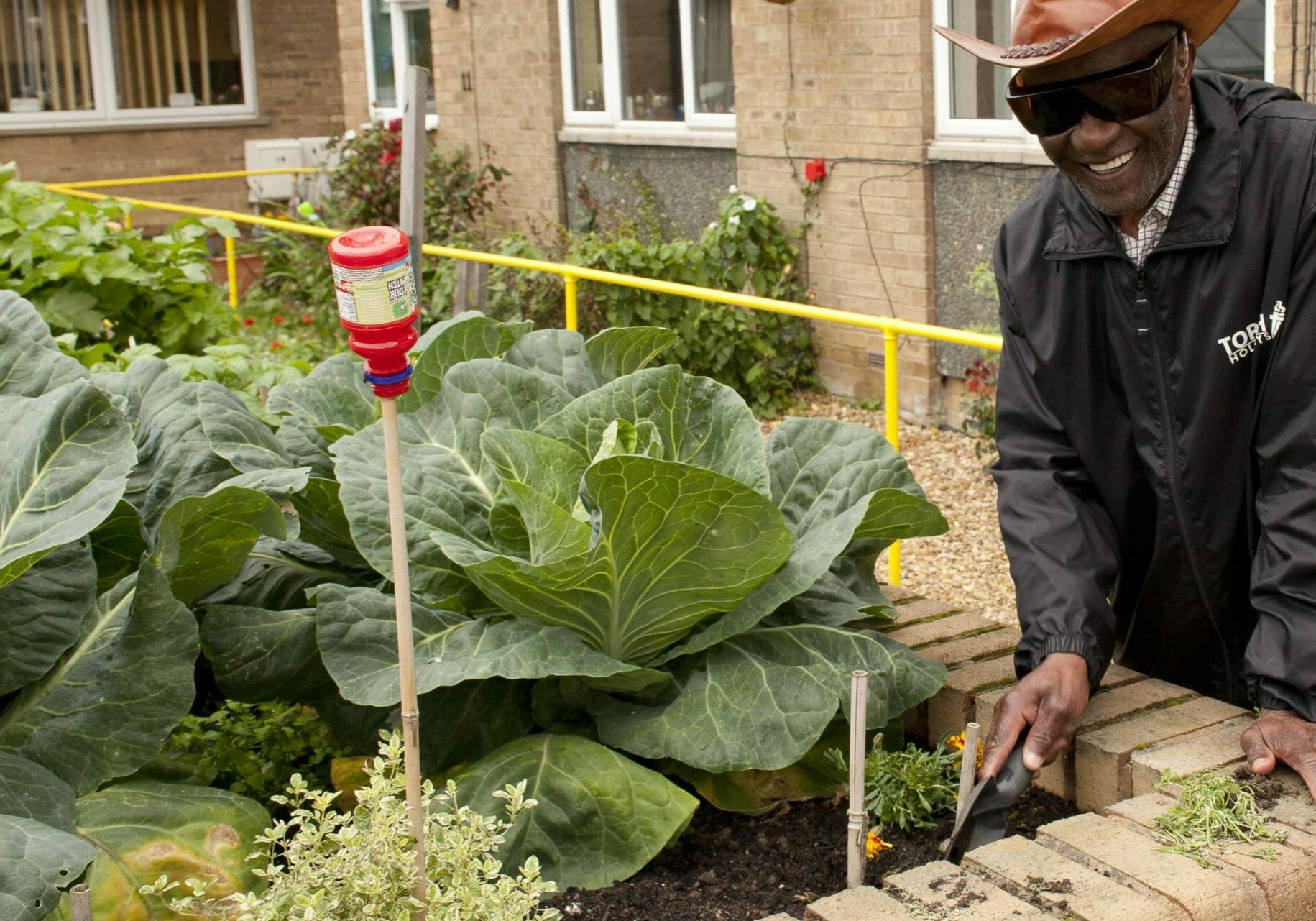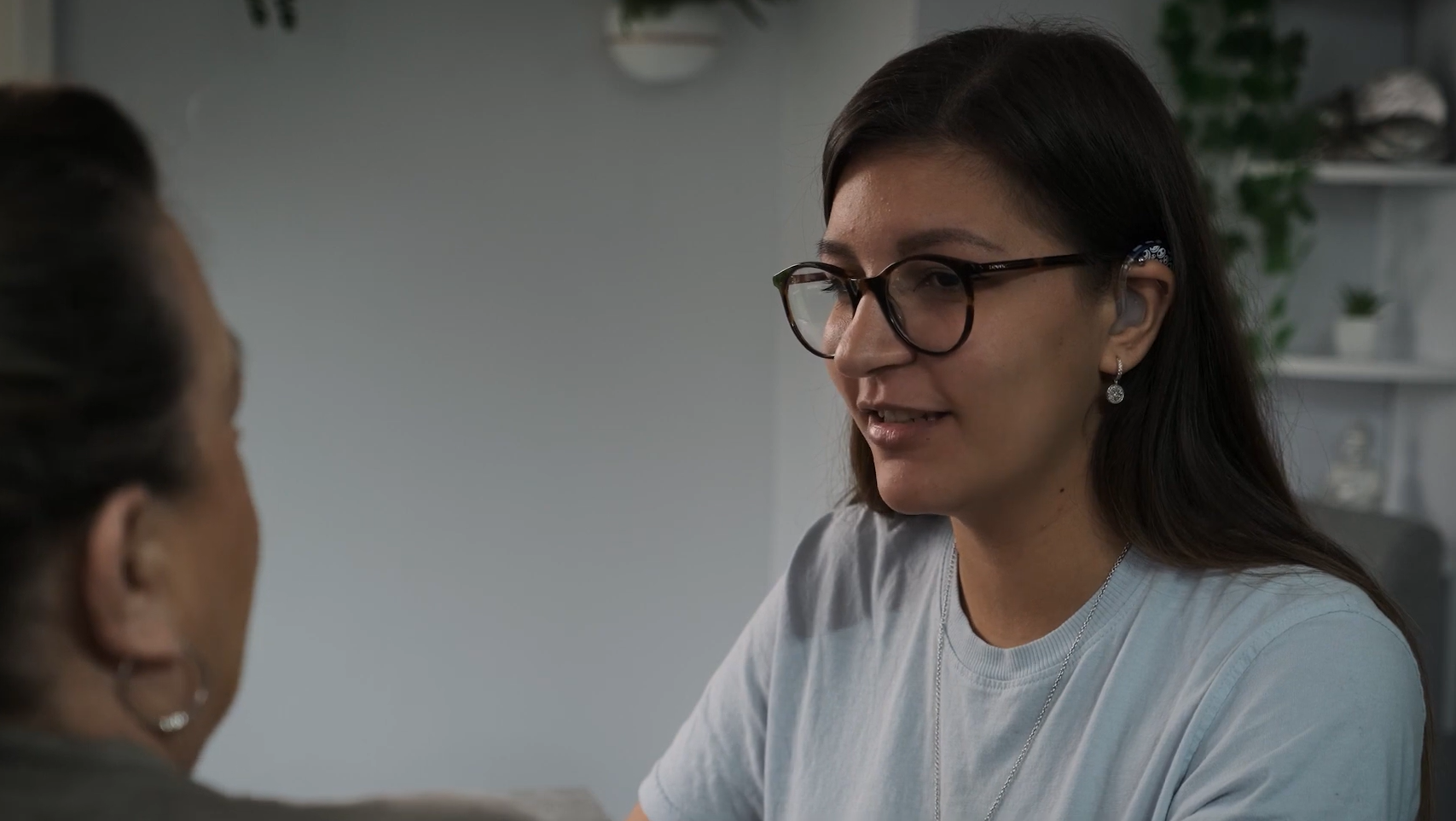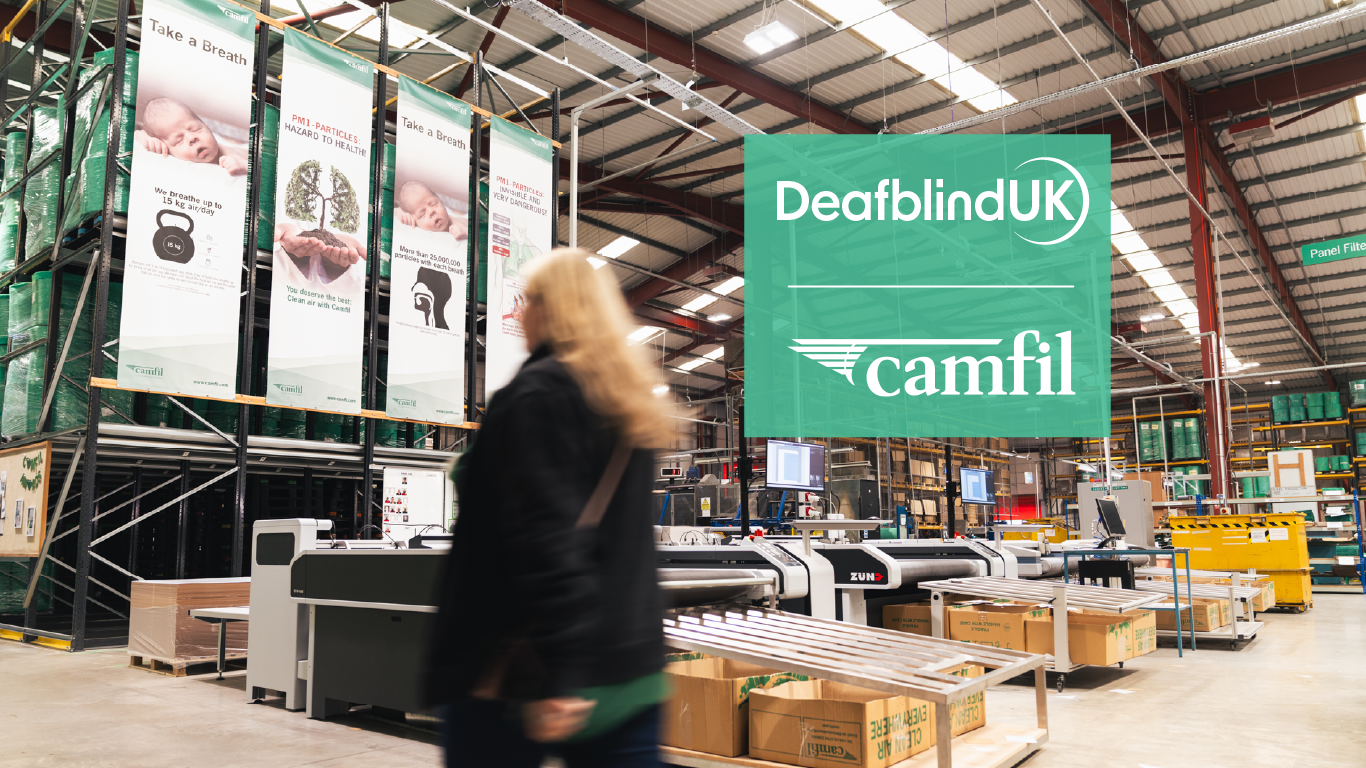The health benefits of the great outdoors have been proven time and again by scientists, so much so that the outdoor pursuit is now being prescribed by doctors! Gardening is a great reason to get outside, by reconnecting with nature, gardeners can improve their physical health, feel less anxious, and even improve their capabilities for learning.
Why gardening works for people with deafblindness
Gardening is one of the most inclusive hobbies out there – it’s ideal for people of all ages and physical capabilities. While it is open to everybody, it’s particularly rewarding for those with dual sensory loss.
With such a range of textures, alluring aromas and even yummy tastes if you’re growing your own food, gardening provides a multi-sensory experience. When hearing and/or vision is impaired, our other senses come into play. Helen Keller, famed for being the world’s first deafblind person to achieve a Bachelor of Arts degree, once said: “For they have no idea how fair the flower is to the touch, nor do they appreciate its fragrance, which is the soul of the flower.”
Making gardening accessible
If you’re nervous about getting out in the garden for the first time, there are ways to make it more inclusive. Devices such as the Optacon can convert text on seed packets into Braille, while flowers in bloom may have their own distinctive scents or textures.
Using small plant beds that are no more than three feet in width will allow you to access your chosen plant more easily. You can also place “markers” such as small metal stakes at intervals across your plant bed, so that you know when one plant ends and another begins. Build up the soil and plant feed early before the plant has fully grown to prevent problems later on.
Getting around
If you’re designing or re-designing your garden, try to include short, straight paths. Try to mark any changes in direction with some sort of landmark such as a garden ornament or shrub. If your garden is larger, you may want to consider railings to help you get around if your garden is larger. It’s also a good idea to make a note of where everything is in your garden, which you and your carer, family or friends can refer back to later.
Choosing your tools
Wind chimes can also help to mark certain areas of the garden. Similarly, fragrant plants such as herbs will serve as a useful guide, but don’t plant too many of these. Some people with deafblindness note a stronger sense of smell and having too many different aromas at once may be unpleasant or cause confusion. When choosing a garden tool, try to pick one with shorter handles, preferably brightly coloured.
A little help from your friends
Gardening can also be a wonderfully social activity. Have a friend or carer help you design your sensory garden. If you’re not sure where to start, there are many online resources that can help, such as the Royal Horticultural Society or BBC Gardening. You may even want to make a game of it – see who can grow the largest sunflower, for example!
Top tips for gardening this summer
RHS has given the following gardening tips as the summer progresses….
- In May, look out for tender plants if there are late frosts
- Plant summer bedding at the end of May/beginning of June
- In July, dead-head bedding plants and start looking into next year’s spring flowering bulbs
- Give the lawn a quick-acting summer feed
- Use August to collect seeds from garden plants and focus on watering, from containers and new plants to ponds and water features.
Gardening should be a joy for everybody, no matter what their hearing or visual impairment. Don’t forget to invite your friends and relatives over to enjoy your new sensory display!




